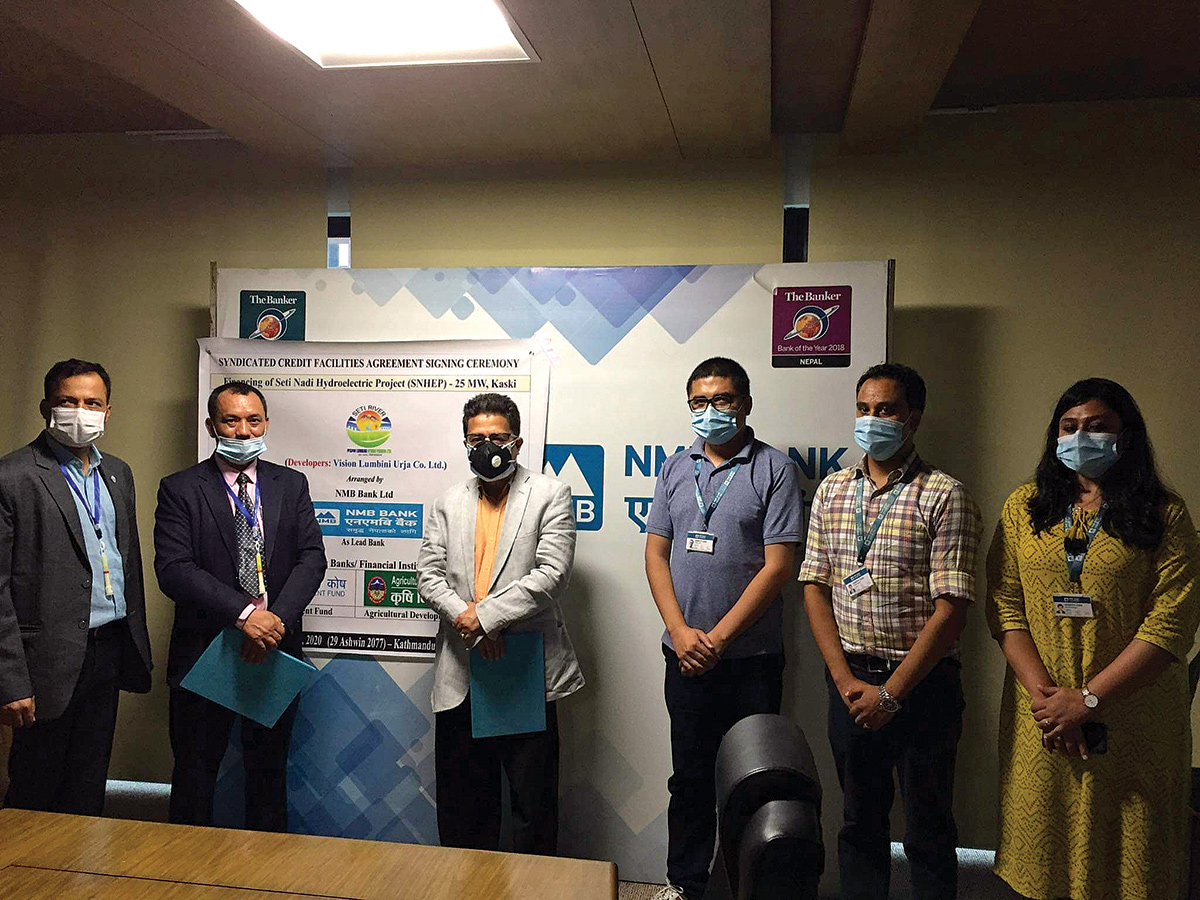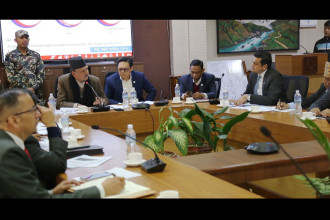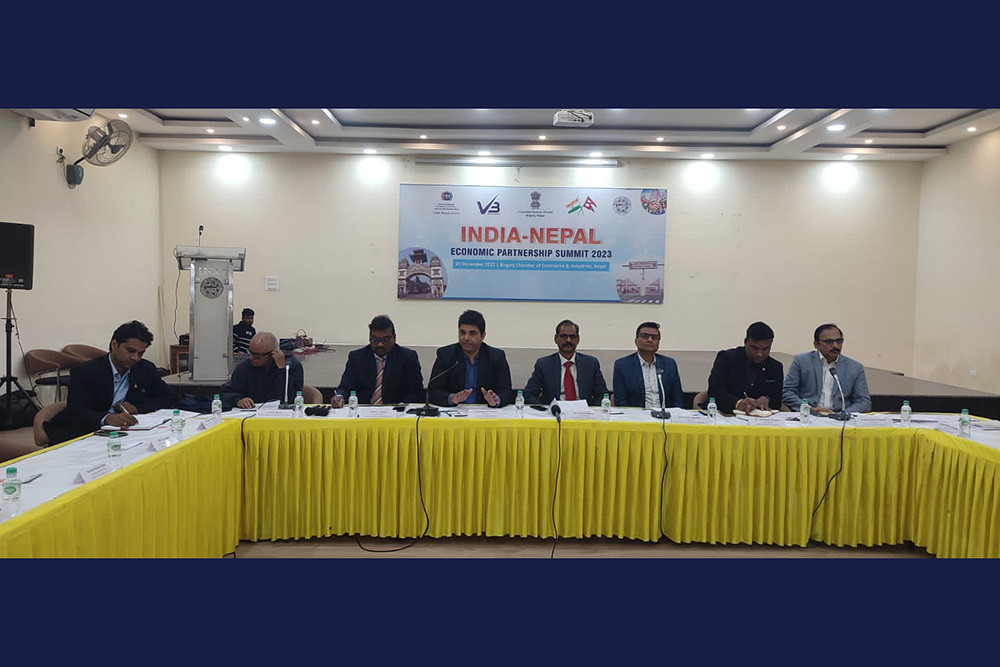
Speakers at a virtual meeting titled “Impact of COVID-19 on tourism and revival strategies of South Asian countries” expressed that in the new reality where there are severe barriers to long distance travel, the countries in South Asia should focus on promoting regional tourism to revive tourism. They also suggested creating a regional body to work on the ease of travel between the countries in South Asia. The virtual meeting was organised by South Asia Watch on Trade, Economics and Environment (SAWTEE) on October 10 in association with Biruni Institute, Afghanistan; Centre for Policy Dialogue (CPD), Bangladesh; Research and Information System for Developing Countries (RIS), India; Sustainable Development Policy Institute (SDPI), Pakistan; and Institute of Policy Studies of Sri Lanka (IPS), Colombo.
Yankila Sherpa, Former Minister of Tourism for Government of Nepal, and Advisor of Tourism Recovery Task Force, Nepal, delivering the keynote address, noted how the first six months in 2020 have seen a 60% fall in global tourist arrivals. Countries like Maldives and Nepal, the latter having faced closure of 2600 trekking firms are disproportionately impacted given the economic significance of the sector, Sherpa observed. Regional collaboration, for instance on smooth movement, destination infrastructure upgrade, testing and exploiting regional tourism potential such as the Buddhist circuit, will aid in swift revitalisation of tourism in South Asia, Sherpa who is also part of Nepal’s Tourism Recovery Task Force, remarked. The public-private mechanism is tasked with synergising efforts to revive the travel and tourism sector in Nepal. The body has come up with strategies such as Desh Darshan to promote domestic tourism in Nepal.
Prof. Rupa Chanda, a widely regarded academic from the Indian Institute of Management, Bangalore observed how each actor in the tourism value chain, from trekking firms, porters and guides, a significant proportion of which are in the informal sector, have been dealt a body blow by the pandemic. Prof. Chanda suggested that while identifying and developing safe zones, including corridors in the region is a potential revival strategy, its effectiveness will hinge on whether Covid 19 safety rules are enforced. She added that several regulations need to be developed and credibly implemented.
Bhutan has been among the least affected countries from the Covid 19 not just in the region but also globally. Yet since its source markets have been ravaged by the pandemic, Bhutan’s travel and tourism sector has been severely affected. Dorji Dhradhul, Director-General, Tourism Council of Bhutan, argued that with the pandemic, Bhutan’s low-volume high-value tourism strategy could be a model for other countries to follow. Dhradhul observed that potential revival strategies in the sector should seriously consider issues like personal safety and health and that tourists will travel only if they perceive that destinations are safe. On revival strategies, Dhradhul highlighted that the key steps in Bhutan have been development and upgrade of physical as well as digital infrastructure such as contactless payment, skilling of tourism sector workers into providing better services and promotion of domestic promotion.
Thoyyib Mohamed, Managing Director, Maldives Marketing and PR Corporation emphasised that while revival of tourism is critical given its significance for the Maldivian economy, equally important is to avoid explosion of infection. Mohamed outlined how the island nation’s unique geography has enabled it to come up with strategic concepts like “one island, one resort”. The concept essentially means that each resort would be a self-contained facility which potentially minimises physical contact with those outside the island.
Srilal Miththapala, Past President, Tourist Hotels Association of Sri Lanka, discussed the Sri Lankan case. While the sector has been badly hit, domestic tourism remains open in Sri Lanka, he observed. Discussing revival measures, Miththapala suggested that hotel certification schemes, wherein hotels are audited for adherence to Covid 19 safety protocols, have helped tourists as well as the government to minimize infection risks.
Published Date: November 19, 2020, 12:00 am
Post Comment
E-Magazine
RELATED B360 National





